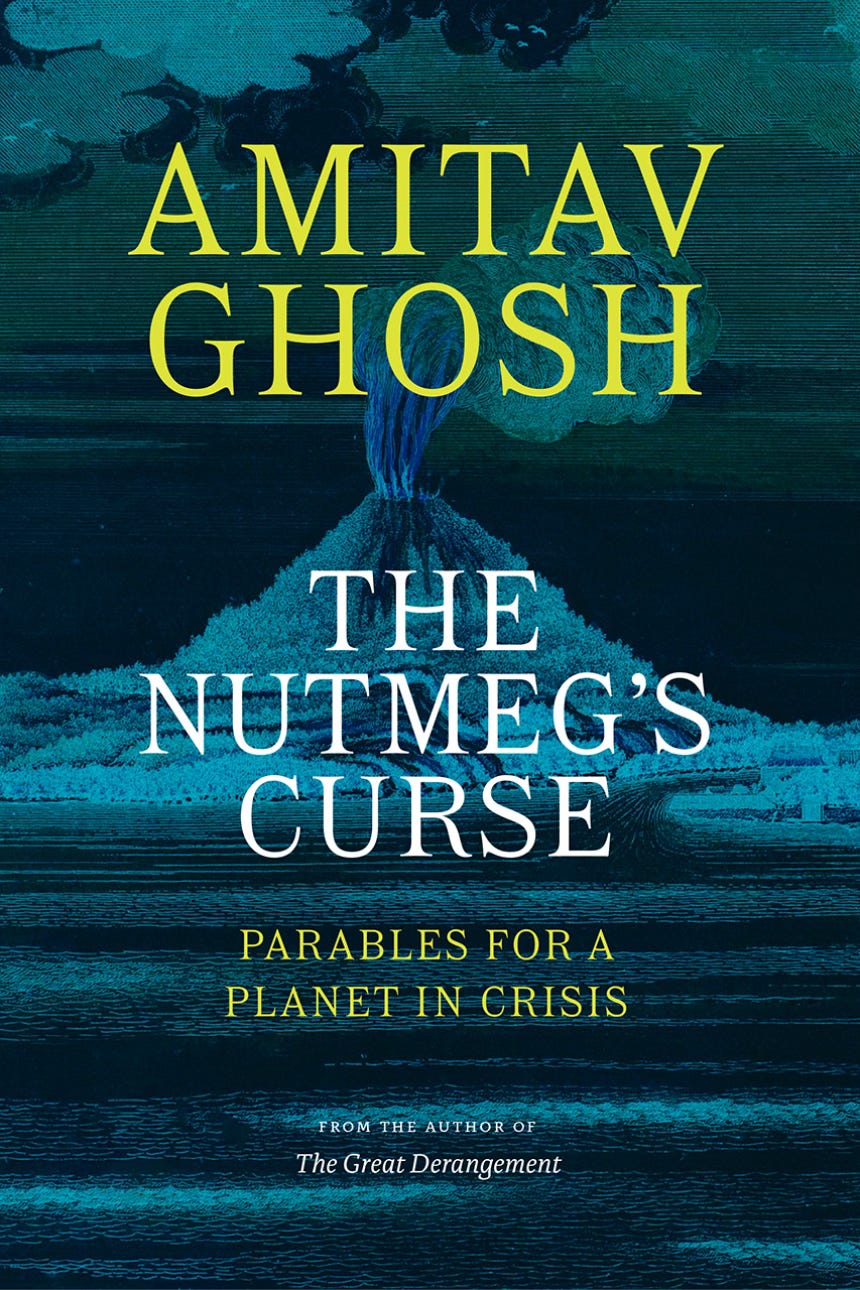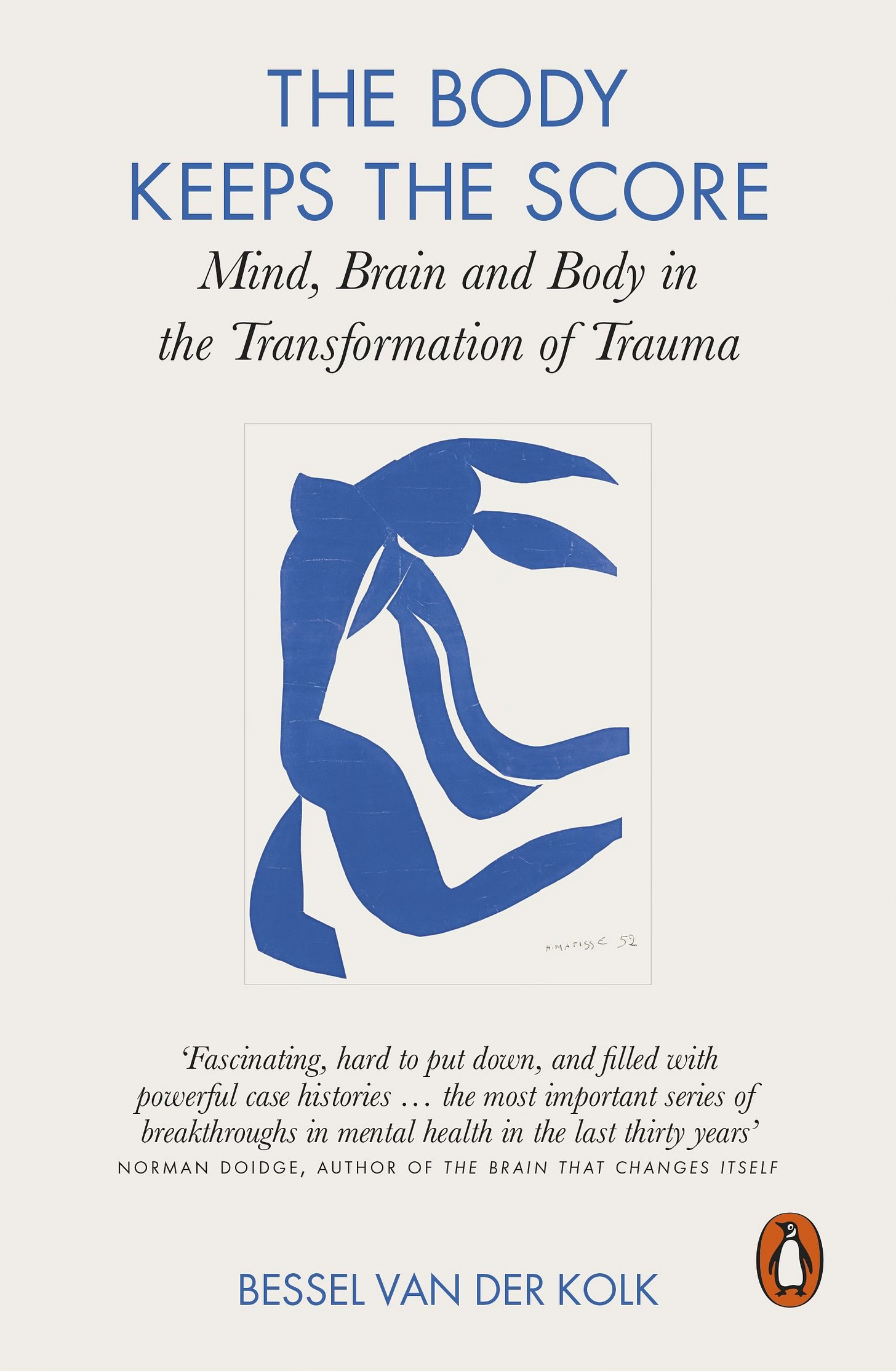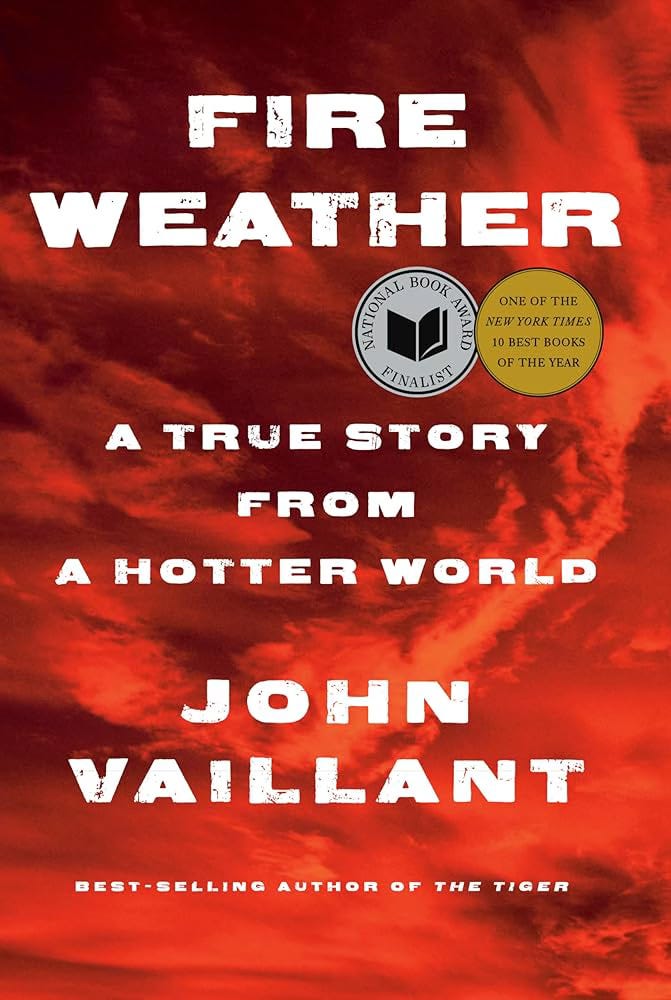I read 75 books this year. I am recommending the following.
Material World by Ed Conway - Everything around you is made up of materials. These materials do not come out of nowhere, although it is produced far enough that we believe that their extraction is in no way harming the environment. This book takes us on a journey of the production of 6 materials that are crucial to our lives and our survival. The supply chains that bring these materials to us and the destruction that they produce.
I highly recommend reading this book.
1984 by George Orwell - I know! I had not read this book till now. 75 years after he wrote the book, it perfectly reflects the world we live in today. Orwell wrote the book as a criticism, the “leaders” used it as a prescription. If you have not already read it, like me, then do read it.
Glorious Misadventure by Owen Matthews - North of San Francisco, there flows a river which is known as the Russian river. It got this name because a Russian expedition set out from Sitka, Alaska, in the nineteenth century to acquire lands in the south. The Russians and the Spaniards faced off in what is California today. Had the Czar sitting 10,000 km away understood the value of these lands, history could have turned out very differently.
An incredible piece of history about the quest of one man to bring a portion of North America under the sway of the Russians and his eventual failure to manage the intrigues of the court of Catherine the Great.
Blood in the Machine by Brian Merchant - Brian Merchant is a gifted author who can move you in time to another place. This book about the Luddite uprising gives a blow-by-blow account of what motivated the men at the time to rise against the factory owners and how the uprising was eventually quelled by capital. It is perhaps the most important book of our times when AI is rising.
Cannot recommend it enough.
To Dye For by Alden Wicker - The textile industry was one of the first to get shipped out of the “west” and for good reason. It uses incredibly harmful chemicals and in the pursuit of lower costs treats its workers in the worst possible ways. In this book, Alden dives into the entire supply chain.
She follows the story of American Airline workers who refused to wear uniforms issued by the company since they cause them terrible irritation and rashes. The book shows how hard it is for a consumer to prove that harmful chemicals are used in such fabric, since tests can run into 10s of thousands of dollars. I wish I could report the book has a happy ending. Many of the airline workers who have worked for decades at these companies are now staring at bankruptcy trying to manage their ailments caused by their clothing - unable to prove it or seek restitution. Having to forgo the rest of their career since they have been rendered grievously ill by their clothes!
The Nutmeg’s Curse by Amitav Ghosh - In the 18th century, every single Nutmeg in the world originated from a small group of islands east of Java. In a well known tale of killing the goose that laid the golden egg, the white man arrived with the colonial mindset to exploit the lands. Set in the pandemic and the George Floyd murder as a background, this book weaves in and out of history and the current planetary crisis that is the result of the same avarice.
The only difference between the story of the goose that laid the golden egg and the climate crisis is that, this goose is taking a little longer to kill.
The Body Keeps the Score by Bessel van der Kolk - A book about the psychology of trauma and how the body deals with it. This book goes through cases that explain how our mind learns to forget past trauma and bury it, such that some people genuinely have no recollection of it. While at the same time the body remembers it and surfaces it in manners that are hard for even the sufferers to understand.
It is a painful book to read but incredibly insightful.
Fire Weather by John Vaillant - This Pulitzer Prize finalist is an incredible journey into the wildfire that burnt down the North-Western Canada in 2016. The first half of the book taken you on a journey across the Canadian Tar Sands and the fire that erupted right next to it; the pace at which it moved and the manner in which it consumed entire towns. He describes the movement of the fire blow-by-blow. The second part of the book deals with the broader question of our understanding of the science of warming and the fire weather which has become a part of so many people’s lives.
I highly recommend this book.
Vulture Capitalism by Grace Blakeley - If you believe feudalism was bad, then you must believe that capitalism is bad. These are two side of the same coin. In one the landowners had power to force people to do what they wanted, in the other capital owners have the same power. This incredibly insightful book lays bare the truth about how capitalism works today. How corporations across the world are using their capital to build a system where the workers have lesser and lesser power.
This book answers the question - Why is the world so broken and divided today?
The Golden Road by William Dalrymple - The traditional interpretation of trade has always been that the Silk Road moved goods between China and Europe. This narrative which was first proposed in the 1870s was adopted by the Chinese and eliminates the role of India altogether. In fact, India was an important stop in this trade from China to Europe. In fact, almost no evidence of Roman coins have been found in China, while several have been found in India. There is a reason the Europeans went out looking for the Indies and not the Chines. The Golden Road passed through India, and its impact extended throughout Asia and the Middle East.
An incredible book that touches upon so many ideas that came out of India. If you are an Indian, you should certainly read it, especially because the souther history is not even touched upon in our own curriculum.
Crossings by Ben Goldfarb - Over the last 100 years, we have been prolific in building road across the world. These roads are a scar upon the land and often cut across important ecosystems. To an animal, a road is a wall that cannot be penetrated. They have not been taught to look left and look right. As a result, their choices are to get trapped on one side of the highway where food sources are scarce, or try to make a perilous crossing that may result in their death. Every year, over 1 billion animals - mammals and birds - are killed on the road.
This book opened my mind to issues that I had no idea about.
Wall Street’s War on Workers by Les Leopold - If we raise the wages, prices will go up and business will suffer is an argument that is often used to justify poor pay. This book takes direct aim at that argument. Financial engineering has a lot of tools at its disposal that it uses, including financial strip-mining, lay-offs and share buybacks. These tools are used to enrich the shareholders at the expense of workers.
The outcome of the American elections are often painted as a rightward shift in the priorities of White America. Far from it, people want change. The excessive financialisation of everything in America is leaving the working class out, and they are trying to change that.













